Politics
Elections, legislation, and more politics news from the news editors at Marie Claire.
-

The Group Chat Powering Gavin Newsom’s TikTok
A young, anonymous team of digital staffers is quietly shaping Governor Gavin Newsom’s online persona—and taking on Trump one meme at a time.
By Noor Ibrahim Published
-

Who’s Tracking the ICE Raids? Two Women Who Met on TikTok
A real-time map has become a lifeline for communities across the country—and drawn the government’s eye.
By Noor Ibrahim Published
-
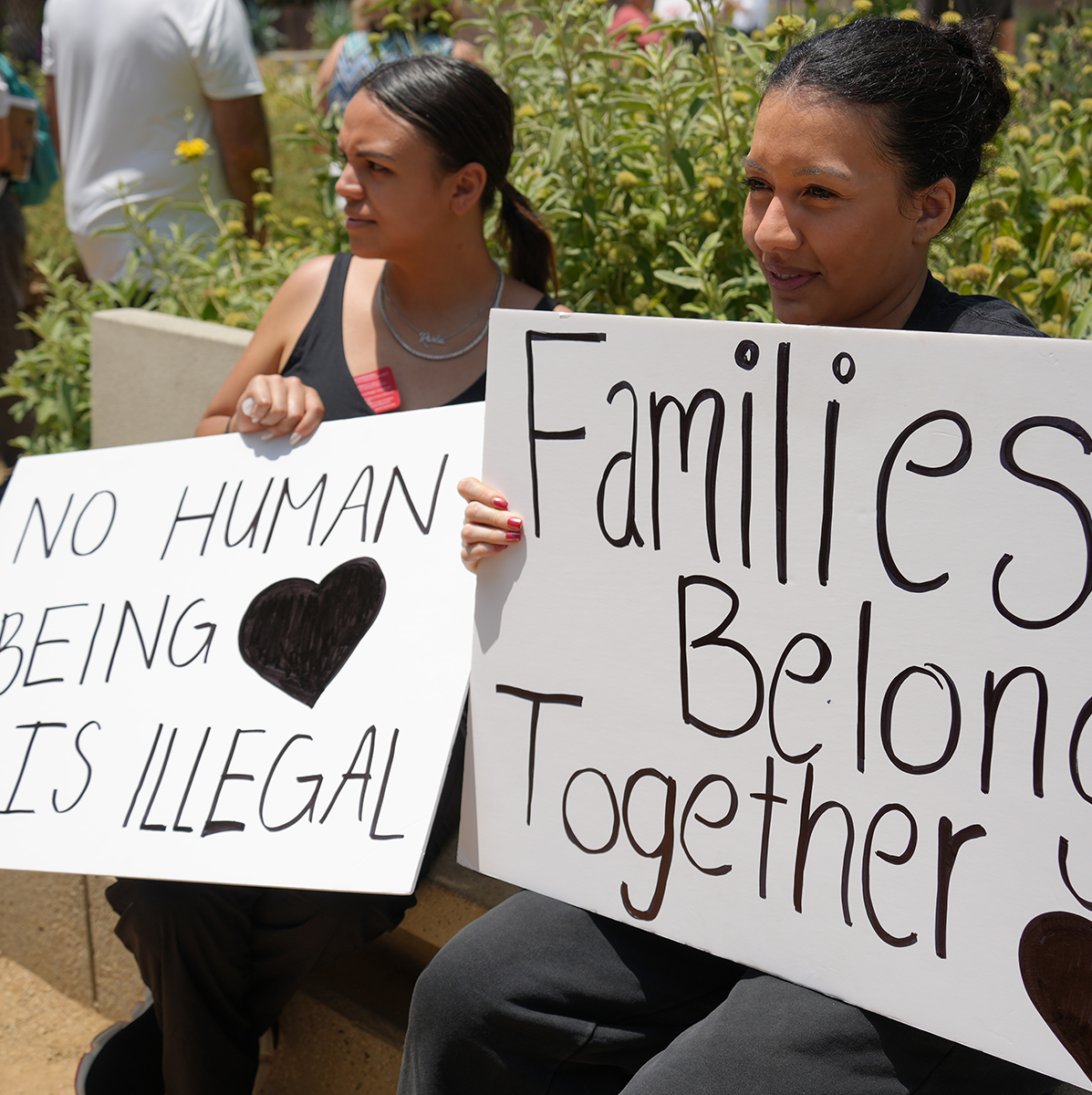
"It Really Upsets Me Seeing Kids Torn From Their Families": Women on the Frontlines of the Immigration Protests in L.A.
'Marie Claire' sent photojournalist Allison Lau to capture the women driving the fight against the Trump administration’s deportation raids.
By Noor Ibrahim Published
-

The Post-America Moms Club Helping Families Start Over in Europe
A growing number of American moms are ditching the U.S. and raising their families in Europe. A buzzy new membership group is helping them do it.
By Julie Vadnal Published
-

Hate to Break It to You, But Tariffs Are About to Make Your Beauty Routine a Lot Pricier
Here are the treatments that are most vulnerable to price hikes.
By Danielle Sinay Published
-

Women-Led Fashion Brands Are Facing Tariffs with Quick Thinking and Grit
Independent designers have the most to lose, and shoppers will feel the impact.
By Halie LeSavage Last updated
-

Trump's Tariffs Will Definitely Affect Your Closet
Prepare for much higher prices.
By Halie LeSavage Last updated
-

The Women Who Changed the World
Girl power.
By Ineye Komonibo Last updated
-

Elizabeth Warren: This Is What Eliminating the Department of Education Will Actually Look Like
With the Trump administration threatening to sign an executive order to shut down the agency as soon as today, the Senator sits down with 'Marie Claire' to explain how public schools, financial aid, and civil rights would be impacted.
By Andrea Stanley Published
-

Yes, Men Are Struggling—But Dismantling Women's Progress Isn't the Answer
There's another, better option.
By Reshma Saujani Published
-

ReproductiveRights.gov Went Dark—So theSkimm Founders Brought It Back to Life
"Women will save this damn country."
By Jenny Hollander Published
-

Michelle Obama Honors MLK Day With a Tribute to Martin Luther King Jr. After Skipping Inauguration
"The time is always right to do what is right."
By Amy Mackelden Published
-
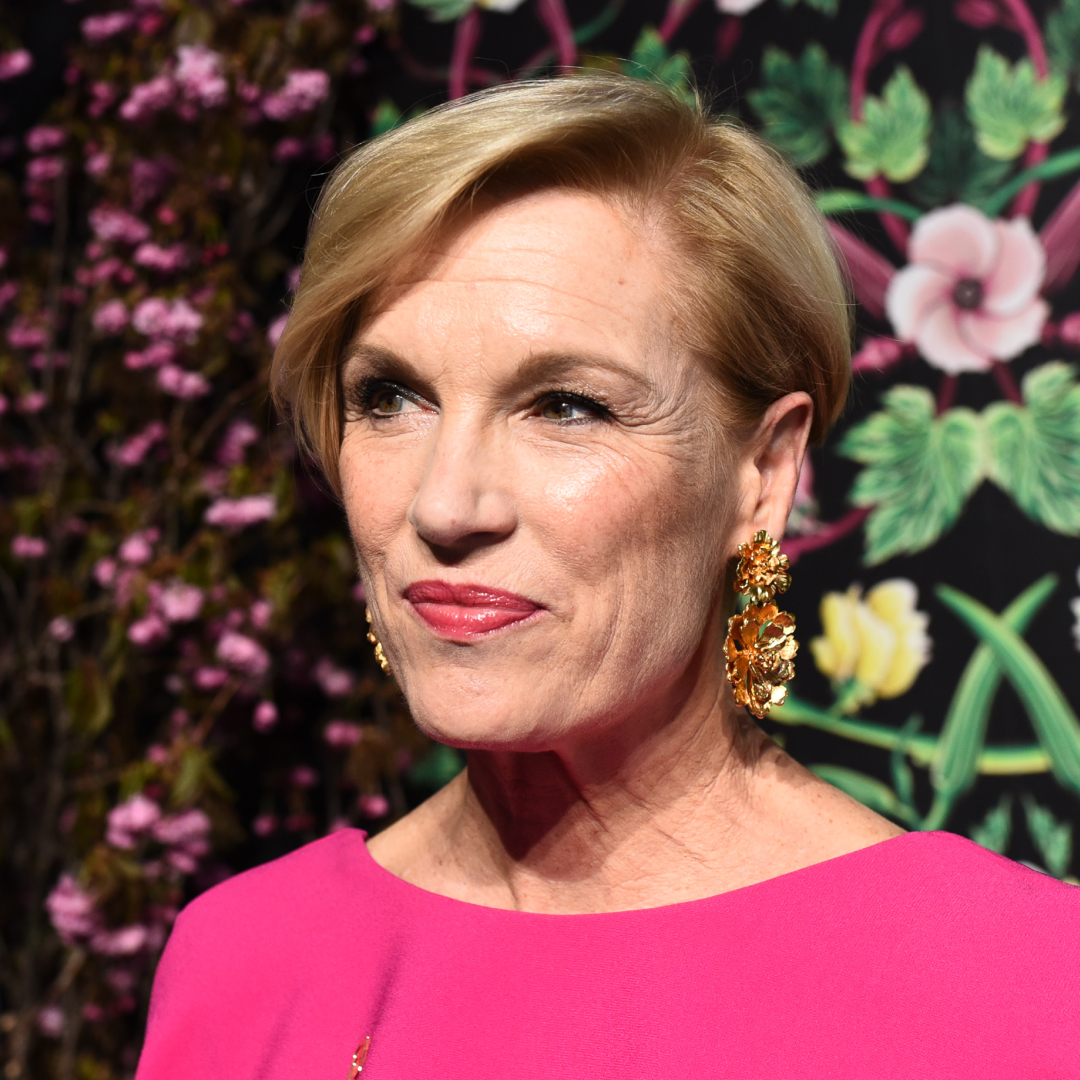
Cecile Richards, Former Planned Parenthood President and Women's Rights Activist, Has Died at Age 67
"Our hearts are broken today but no words can do justice to the joy she brought to our lives."
By Amy Mackelden Published
-

A Glimpse Into Your Project 2025 Future
The controversial conservative agenda received plenty of airtime during election season. But what would happen if it came to pass?
By Abigail Libers Published
-

Please, We Don't Need Your Blue Bracelets
After the 2024 election, TikTok creators crafted “allyship” accessories to signal safety. Instead, these DIYs left marginalized voices feeling unseen.
By Maria Santa Poggi Published
-
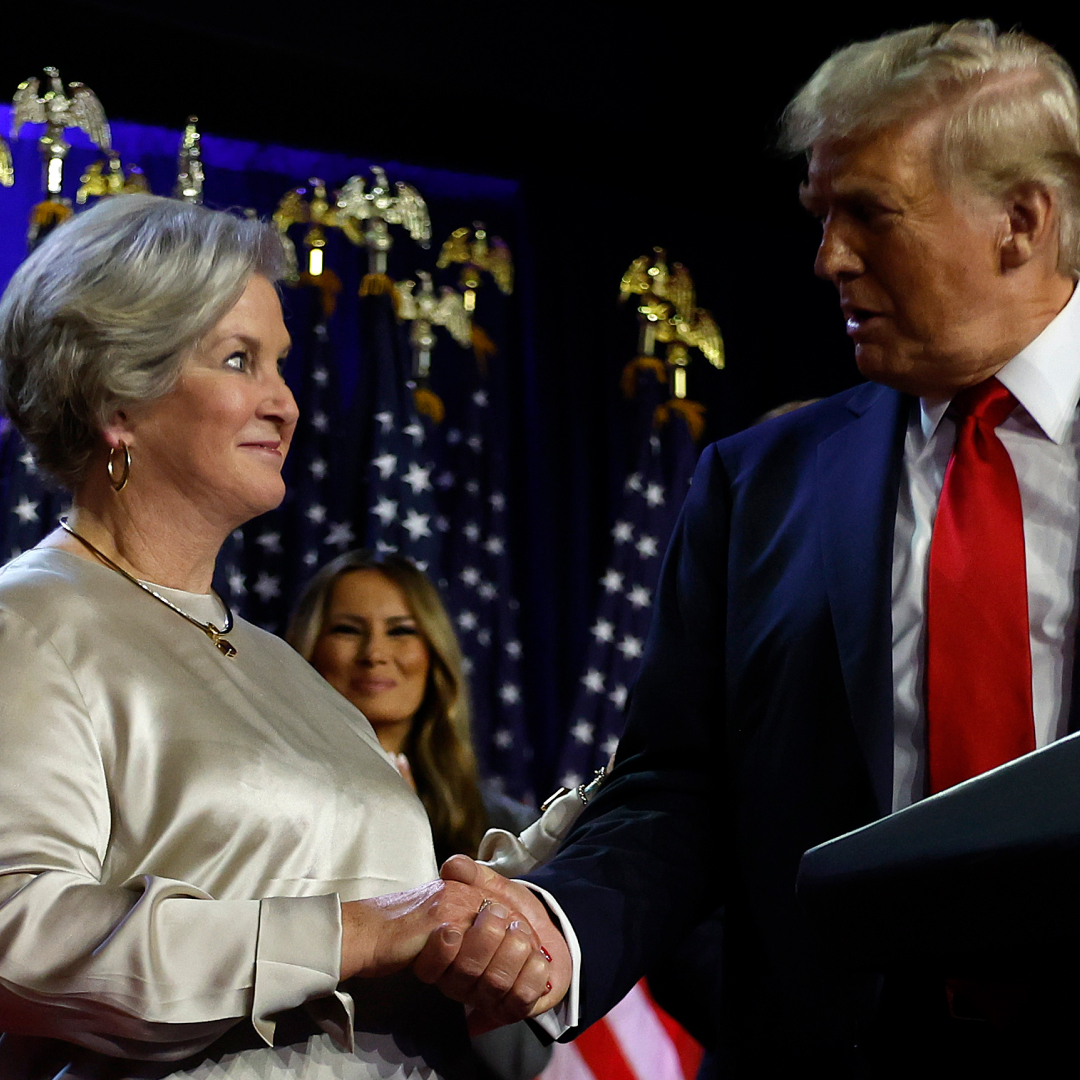
President-Elect Donald Trump Names His White House Chief of Staff
The political consultant helped the former president run his successful 2024 campaign.
By Danielle Campoamor Published
-

To Elect a Woman President, We Need Men
If we’re serious about expanding opportunities for women, we can’t ignore half the electorate.
By Reshma Saujani Published
-

The Historic Election Victories Worth Celebrating
Including momentous firsts, abortion protections, and New York's "Equal Rights Amendment."
By Iris Goldsztajn Published
-
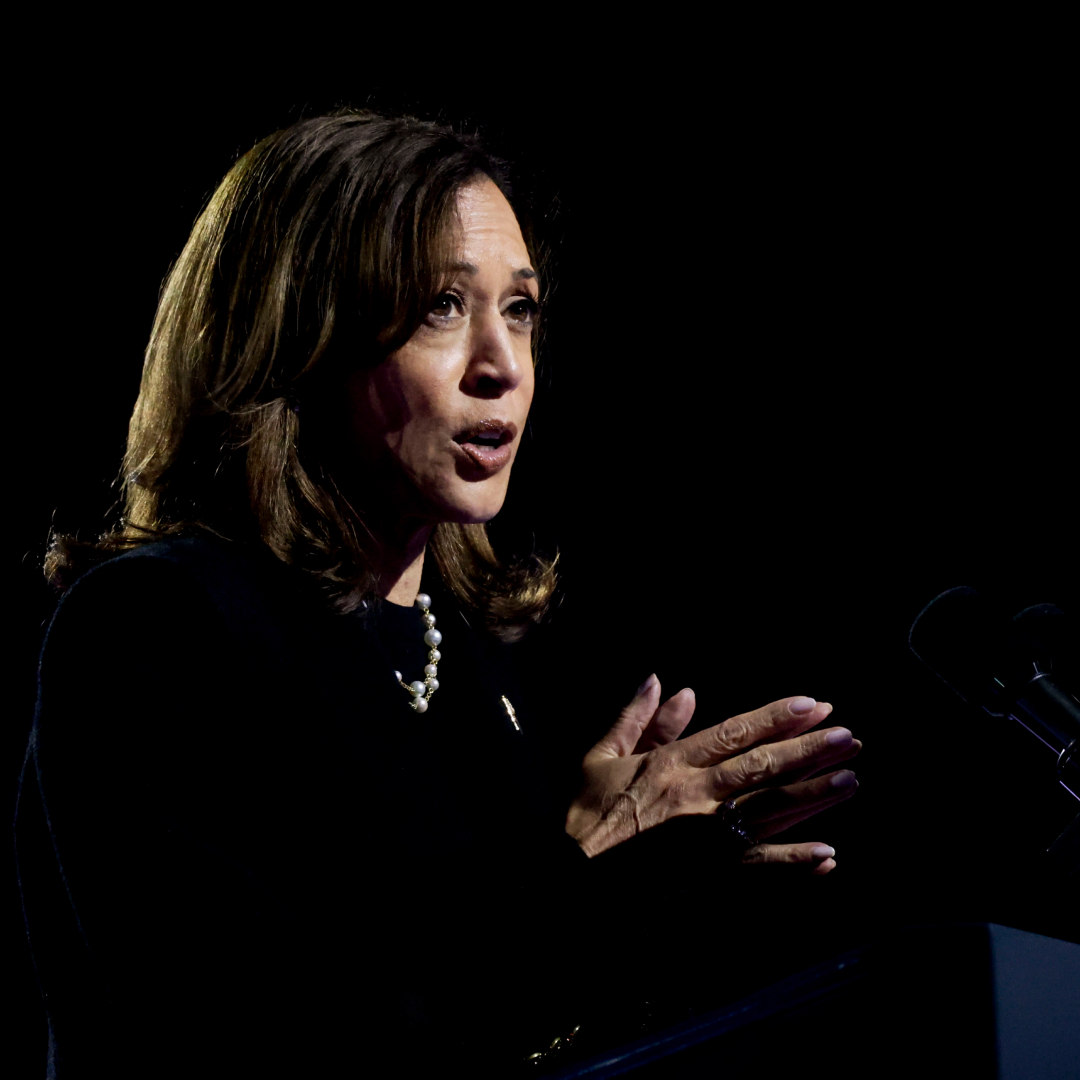
Kamala Harris Has Lost the 2024 Presidential Election
It's official.
By Jenny Hollander Published
-

Impact the Election, Even If You Can’t Vote
Missed the deadline to register? Unable to cast a ballot for some other reason? There are still ways you can make a difference.
By Jessica Goodman Published
-

Are White Women Going to Do It Again?
They showed up to the polls for former president Donald Trump in 2016. A look at what to expect this time.
By Laura Bassett Published
-

How to Talk Politics With Your Gen Z Voter
We asked young people across the country for their advice. Here's what they wish the adults knew about engaging with them on serious issues.
By Jessica Goodman Published
-

Six Political Races You Should Know About
From reproductive healthcare to climate change, there are critical issues on the ballot all across the country. Here's how you can get involved no matter where you live.
By Lorena O'Neil Published
-

Kamala Harris Defends Her "Very Modern Family" on 'Call Her Daddy' Podcast: "We're Not in the 1950s Anymore"
“I love those kids to death," Vice President Harris says of her stepkids.
By Kristin Contino Published
-

Childcare Is A Men's Issue, Too
The VP debate revealed only one candidate has a plan for family leave that factors in what women really need.
By Jill Filipovic Published
-
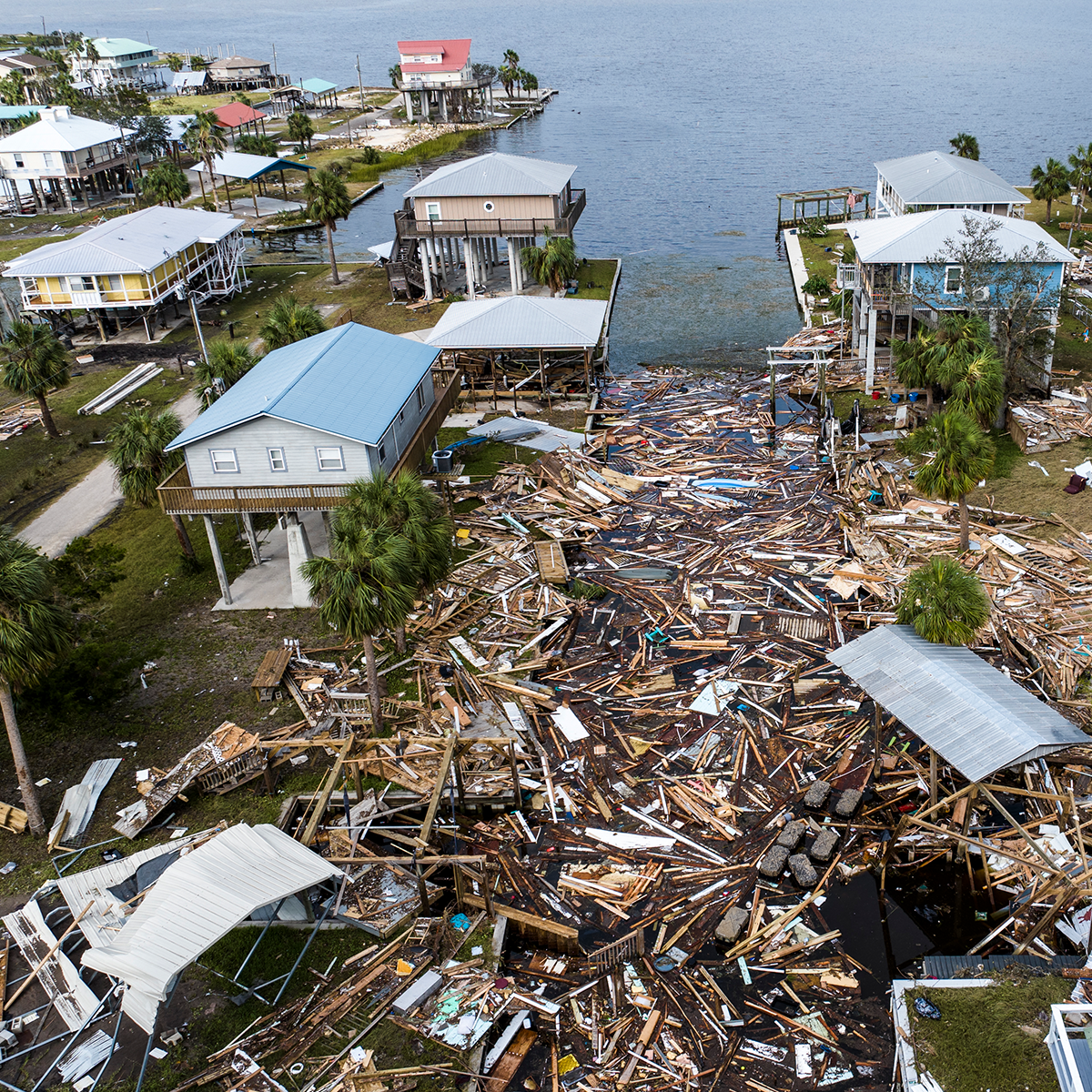
How to Help People Impacted By Hurricane Helene
As states begin to pick up the pieces, here’s what you can do.
By The Editors Published



